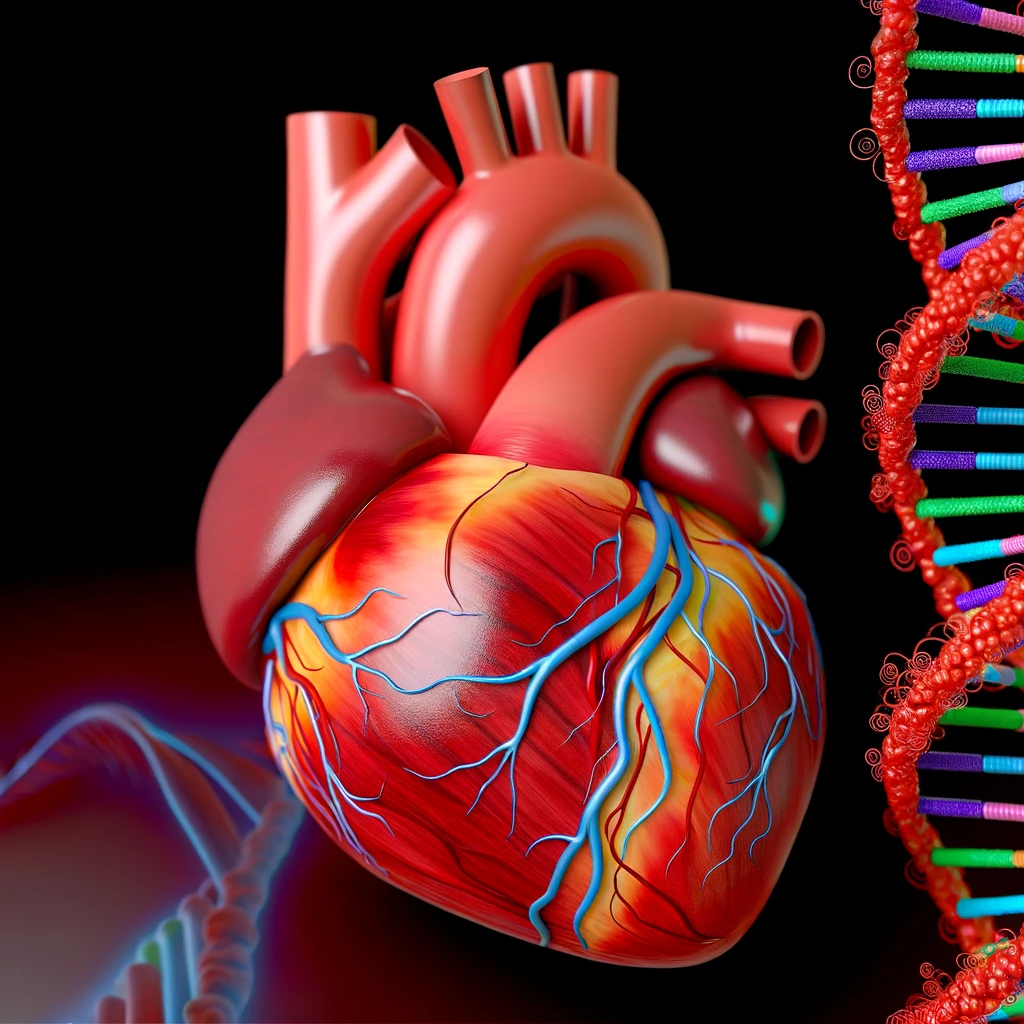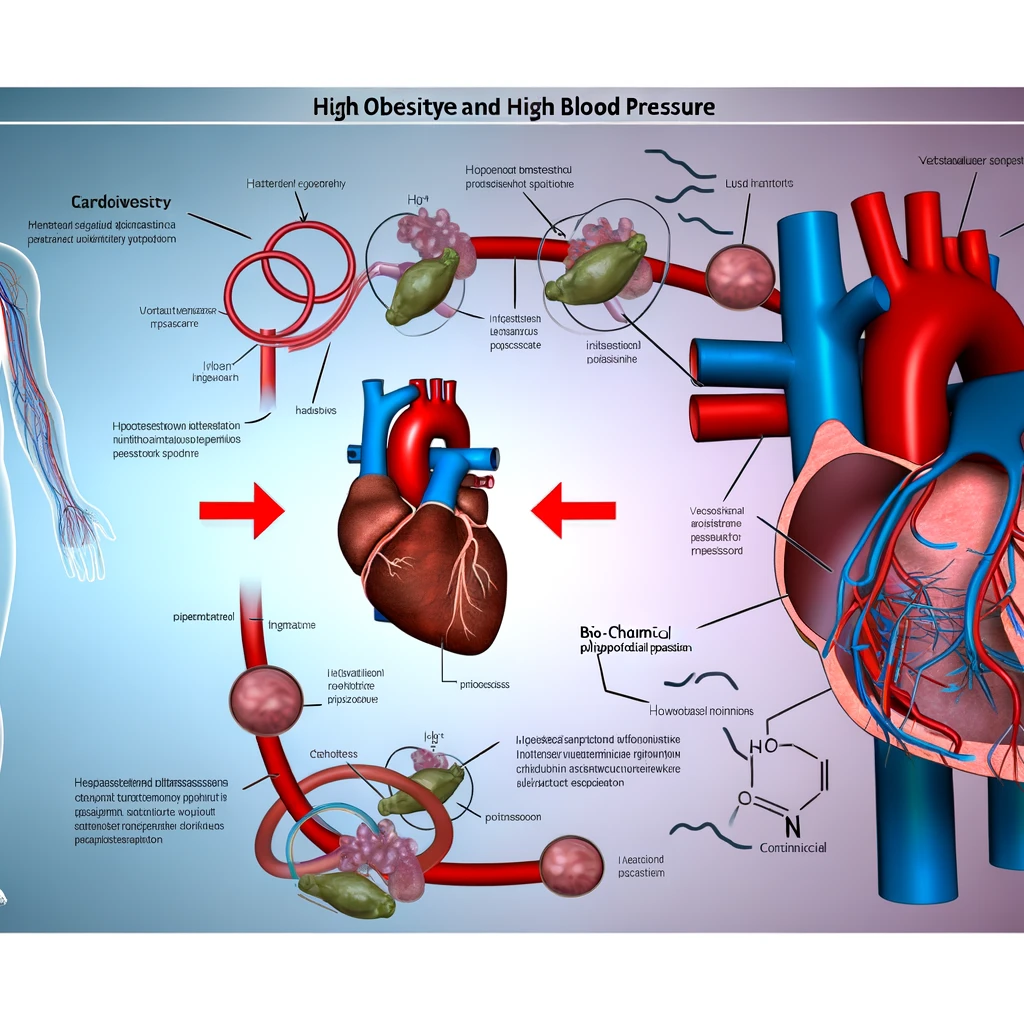Related Articles









Obesity and hypertension are two significant public health concerns that often intersect, leading to increased risks of cardiovascular and other health issues. Understanding their relationship is crucial for both prevention and management.
Obesity is defined as an excessive accumulation of body fat that poses a risk to health. It is typically measured using the Body Mass Index (BMI), with a BMI of 30 or higher considered obese. The prevalence of obesity has increased dramatically over the past few decades, becoming a global epidemic.
The impact of obesity extends beyond aesthetics and social perception. It contributes to the development of numerous diseases, including type 2 diabetes, certain types of cancer, and notably, hypertension. The physiological changes that accompany obesity, such as increased blood volume and elevated cardiac output, can lead to higher blood pressure.
Hypertension, commonly known as high blood pressure, is a condition where the force of blood against the artery walls is consistently too high. This can lead to severe health complications, including heart disease, stroke, and kidney failure. Hypertension is often called the 'silent killer' because it typically has no symptoms until significant damage has occurred.
The relationship between obesity and hypertension is well-documented in medical literature. Excess body weight accounts for a significant proportion of the risk for developing hypertension. Several mechanisms explain this connection:
Obesity often leads to insulin resistance, a condition where the body's cells do not respond effectively to insulin. This can result in increased blood sugar levels and eventually lead to hypertension.
This system plays a vital role in regulating blood pressure. In obese individuals, its activity is often increased, contributing to higher blood pressure levels.
Obesity can enhance the activity of the sympathetic nervous system, which controls the body's 'fight or flight' response and can increase blood pressure.
Addressing obesity is a critical step in managing and preventing hypertension. Here are some strategies:
A balanced diet rich in fruits, vegetables, whole grains, and lean proteins can help manage weight and reduce blood pressure.
Exercise helps in weight reduction and can lower blood pressure by keeping the heart and blood vessels in good condition.
Chronic stress can contribute to hypertension. Practices such as yoga, meditation, and deep-breathing exercises can help manage stress levels.
Regular check-ups with healthcare providers for blood pressure and weight assessment can help in early detection and management of hypertension.
The relationship between obesity and hypertension is complex but well-established. By understanding the interplay between these two conditions, individuals can take proactive steps towards maintaining a healthy lifestyle, thereby reducing their risk of hypertension and its associated complications.